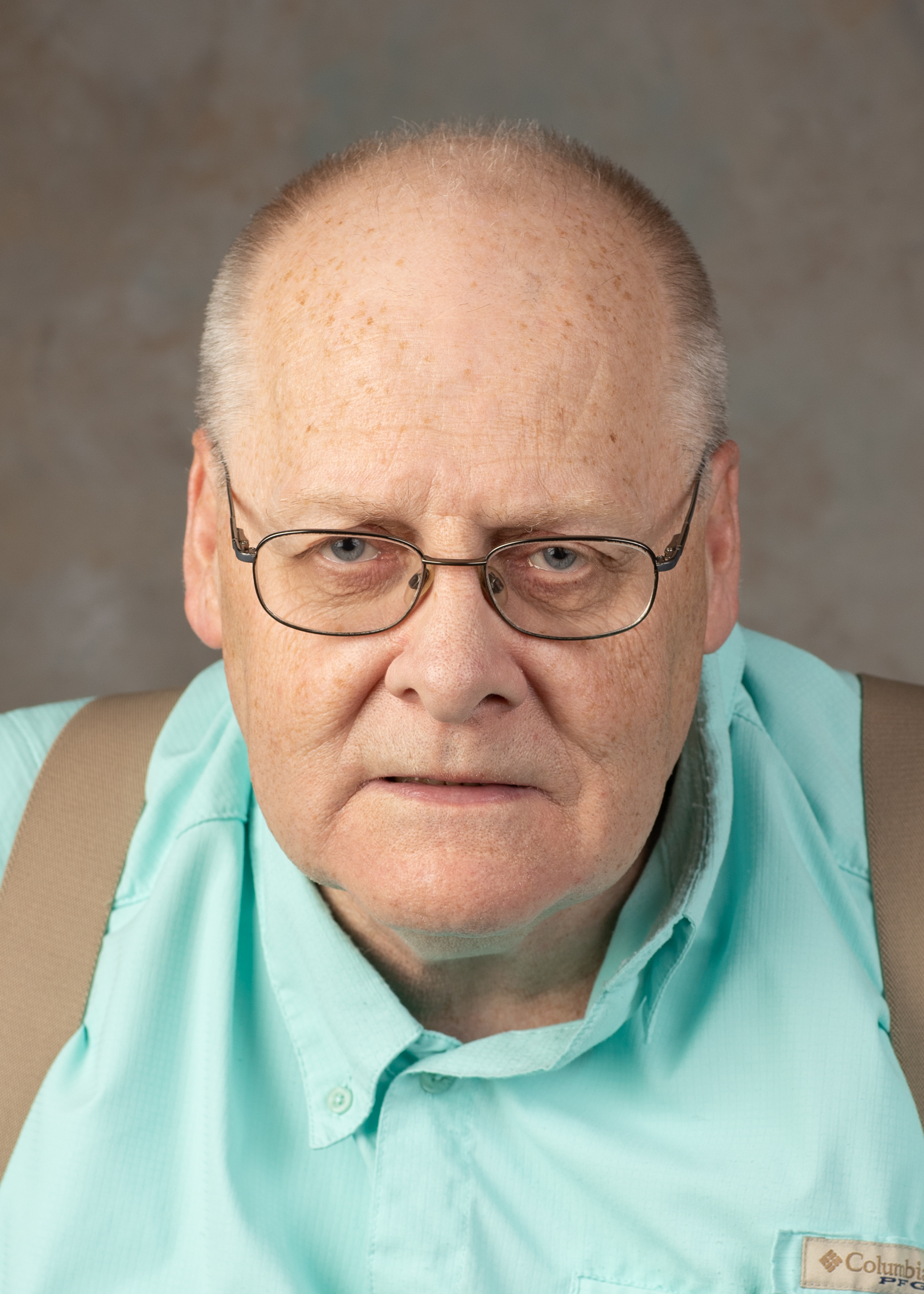By Greg Markley
Last week, I visited my birth state of Rhode Island, nicknamed “The Ocean State.” (That name is not insulting like the old “Little Rhody.” After all, six U.S. states have a smaller population.) At a professional hockey game, my brother’s friends learned I have lived in the South for decades. One of them challenged me with this statement: “Do you consider yourself a Southerner or Northerner?”
In this sectionally and politically polarized era, perhaps I could have deflected the question by saying “I haven’t really decided” or “Both have strengths and weaknesses.” Still, that would be dishonest. So, I said “a Southerner because of the very friendly people and the great weather.” That may have stopped them from throwing a hockey puck at me, as the temperature in Providence, Rhode Island was sub-freezing and in Opelika, it was in the high 40s.
It was 30 years ago this week that I began to notice the graciousness of many Alabamians. In fact, I had driven alone into Anniston for my Fort McClellan assignment when I stopped at a supermarket for supplies. After all the driving, I forgot to get more cash or even to visit an ATM. I said, oops, I am $6 short. The clerk said,” Don’t worry: You can come tomorrow and pay it off.”
Would store clerks in Northern cities, even ones the size of Anniston (about 25,000) tell a stranger – albeit one in an Army uniform—to leave without paying a bill? No way! Having lived my first 25 years in the North, and traveled widely in both the North and South, I suspect I would not get 24 hours to pay my bill but by an occasional sympathetic Northern clerk.
A key reason, besides the weather that I prefer the South is its being friendly to military personnel without reservation. I have certainly seen patriotic and compassionate Northerners, but not as many as the South. Maybe the multitudes of residents in Northern cities, added to a lot of bad weather, and other factors, that cause this. (Caution: defining “patriotism” is different for different folks.)
“It goes back to the old European concept in an agrarian society that the first son takes the land, the second becomes the warrior, and the third is a cleric,” said the late Marine Lt. Gen. Bernard Trainor, a military affairs writer for The New York Times. He was describing the ethos that hits the American South hard, to have a son or daughter join the military, especially when there are several siblings.
Northerners who live in the South while attending Auburn University or Southern Union often get a favorable view of the patriotic people here. Southerners are fond of symbols such as martial music, military parades and especially the U.S. flag. I applaud the diversity in students and employees of our two local post-secondary institutions. Many of them find good jobs and a great way of life in Lee County or elsewhere in Alabama.
My brothers’ friend who posed the question of North v. South said something about how hateful former Alabama Gov. George Wallace was in the 1960s. That’s true but that old racial strife doesn’t deter me from saying I am an Alabamian. The state is still portrayed in TV shows and movies as backward and full of bigots of every stripe. All states have a checkered history in some way. But Hollywood goes out of its way to make Alabama look bad. That must cease.
Portraying the state as it was in the 1950s, etc. is all right as far as history goes. But the state’s progress from the north, Huntsville (NASA, etc.) to the south, Mobile (Navy projects, and more) is amazing. To be an Alabamian and see its economic explosion is wonderful. This story should get out because it is true and exciting. In just one month, Alabama will celebrate 200 years (on Dec. 14).
As I walk the streets and drive the highways throughout our state, and despite a Northern birth and accent, I think back to a question I posed back in 1990, my second year in Alabama:
“Which is warmer, Alabama’s weather, or its people?” That’s a tough one, indeed.
Greg Markley has lived in Lee County for 18 of the last 23 years. An award-winning journalist, he has master’s degrees in education and history. He has taught as an adjunct in Georgia and Alabama.

